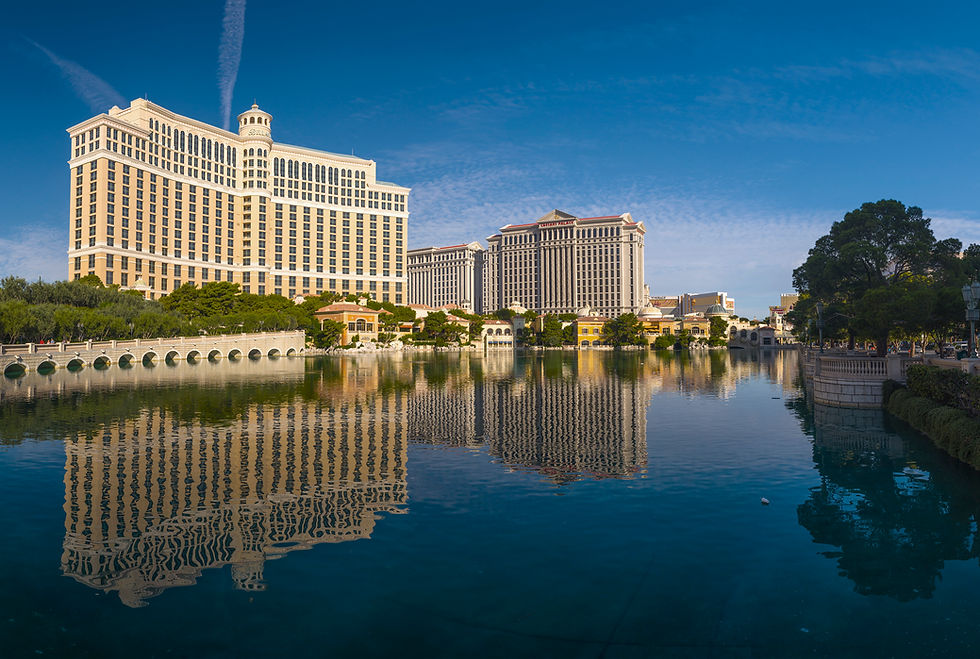Avoid the high profile hotel - you don't need the sauna

When we’re away from home – whether on work or holiday – the place we feel the safest is normally our hotel. Away from the unfamiliar streets and busy traffic we spend time catching up with family, or Game of Thrones, or simply sleeping off the jetlag. When we’re overseas for business, field-trips or conferences our accommodation should be our sanctuary.
However, this often isn’t the case. Travellers can face serious and targeted criminal threats when in their hotels, as well as general safety issues such as fire and faulty electrics. Perhaps the most present concern at the moment is being caught up in a terrorist attack. Recently, on 20 January 2018 in Kabul, Afghanistan assailants killed at least 18 people, including 12 foreigners, during a 12-hour stand-off with security forces. This threat against high profile hotels is present in almost all locations where terrorists operate.
Western hotel chains, or luxury hotels that are popular with foreign visitors, have been a favoured target by Jihadist terrorists since September 11th. In 2002, 12 French contractors were killed as they left a Sheraton hotel in Karachi, Pakistan. In 2003, suicide attackers bombed the J.W. Marriott hotel in Jakarta, Indonesia, killing 12. In October 2004, in the Sinai, Egypt jihadists attacked a Hilton Hotel, killing 31. In Amman, Jordan three American-owned hotels were targeted, and 60 people were killed in 2005.
More recently, attacks have targeted high-profile or luxury hotels in Bamako, Mali, Mumbai, India, Sousse, Tunisia and many more – the list is extensive, and the trend is obvious. High-profile hotels equal high value targets. The ideological and propaganda value for jihadists is straightforward; luxury hotels are often foreign owned and have large numbers of foreigners visiting. When they carry-out attacks against foreigners or foreign interests, they intend to deliver the message “this country/location is not safe for foreigners.” It weakens the national government, calls into question the capability of national intelligence and security forces, reduces tourism and makes would-be investors or businesses nervous about the risks of operating in the context.
From a tactical perspective they are appealing targets for terrorism because there is usually a large amount of people inside one building and security is normally less robust than at other obvious targets - such as military bases or government buildings. In addition, due to the layout and design of most hotels, they aren’t easy locations for police or the military to carry-out swift operations. Given all this is it is not likely that terrorists targeting hotels will reduce in the near future and we are likely to see more suicide bombings and armed siege/hostage scenarios in countries where jihadists operate.
So where to book? In some locations, there aren’t many options and you have to make do with what is available. At other times, you might be travelling to unknown locations so a review of the hotel’s security isn’t possible. In all circumstances though, it is crucial to know the risks of attacks in the context and mitigate accordingly.
Steps to limiting exposure:
Don’t go for the most high-profile hotel in town. Look for a mid-range hotel which isn’t frequented by foreigners or the country’s elites and government. Do make sure they have security measures in place and are aware of security.
Security mitigation measures often involve trade-offs. It’s possible that the less well known hotel won’t have the same level of security mitigation (stand off barriers, body scanners, bomb checks) that a high profile hotel does but this could also be because the threat of it being targeted is far less.
If this isn’t possible to stay elsewhere then ensure that the high profile hotel has appropriate security measures commiserate with the threats and awareness of things locally which could increase the threat. These could include:
High perimeter fence/walls
The building set back from the road
A trained guard force and scanners on entry
Vehicle security management - a manned gate that prevents free access for public vehicles? Vehicle checking? Barriers to prevent car-bombs?
Any obvious targets (places of worship, embassies or government buildings etc.) close-by
Are there any events (such as international conferences) taking place whilst you are thinking of staying?
If you are being hosted by an organisation or have partners in the area, ask which hotels they would recommend. Ask why they would recommend them and if they have been assessed by a security professional.
If you have a colleague or friend, ask them where they stayed and what was there ‘vibe’ when it came to security? Were there guards? Were bags checked?
Pay attention to advisories. While advisories are often wrong they shouldn’t be taken for granted. The U.S. issued an advisory, two days ahead of the recent Kabul attack, saying they believed a high profile hotel would be attacked in coming weeks. And it was. That advisory likely saved some lives.
All of this can seem more trouble than it’s worth. Especially, if you’re accustomed to staying at the same luxury hotel or if you’re just staying for a couple of nights. But knowing if the hotel is likely to be targeted is critical to your safety especially if you are staying in countries where terrorists have targeted hotels.

















